EGX: The Round-Up
Did you miss any of our Eurogamer Expo coverage? Here's a handy round-up of everything we saw.
This article first appeared on USgamer, a partner publication of VG247. Some content, such as this article, has been migrated to VG247 for posterity after USgamer's closure - but it has not been edited or further vetted by the VG247 team.
The Eurogamer Expo has been growing significantly over the last few years, and its 2013 incarnation was the best yet.
The show, put together by our UK-based counterparts, was a diverse affair covering everything from the next-gen consoles to the latest and greatest indie titles. Cosplay was encouraged to an unprecedented degree at the show, too, thanks to a dedicated stage with competitions, and it's difficult not to admire the endurance of the people who cosplayed as zombies and then proceeded to do nothing but shamble around the show floor for four days.
The atmosphere at the show was one of great positivity, respect and enthusiasm for gaming, with many creators, particularly in the indie space, taking the opportunity to spend time together and give each other feedback on their work. Queues were, unsurprisingly, around the block for Call of Duty: Ghosts and Titanfall, but there was also a significant amount of interest in titles like Bayonetta 2 for Wii U, The Elder Scrolls Online and a selection of Oculus Rift games.
It wasn't just the show floor that was playing host to exciting things, though; the developer sessions theater also gave a lot of people their first look at some upcoming games, and the creators the opportunity to talk candidly about what they've been working on. Our sister site Eurogamer streamed all the presentations live; a full archive of them can be found here.
One very strong feeling I got, both from the show floor and the developer sessions, was that indie games are going to be huge in the coming generation. This was perhaps most clearly seen in Shahid Ahmad's on-stage presentation about Sony's approach to indies, but it was evident in other areas, too; one of the first things you'd see walking into Sony's booth was Housemarque's incredible-looking Resogun, and Nintendo was showcasing a significant number of indie eShop titles for Wii U and 3DS, too. There was also a steady flow of foot traffic through the dedicated "indie arcade" area on all four days of the show, leaving several of the poor developers single-handedly showcasing their games utterly exhausted by the end of the weekend!
I was on the ground on behalf of USgamer, and had the opportunity to see a wide variety of interesting things. Here's a handy round-up of them all, with links to the full articles for you to read at your leisure.
Assault Android Cactus
This endearing arcade shooter for up to four players from Australian developer Witch Beam blends elements of Japanese bullet-hell shooters such as Radiant Silvergun and Ikaruga with the more typically Western twin-stick shooter mechanics -- there's also a touch of Jet Force Gemini about the character designs.
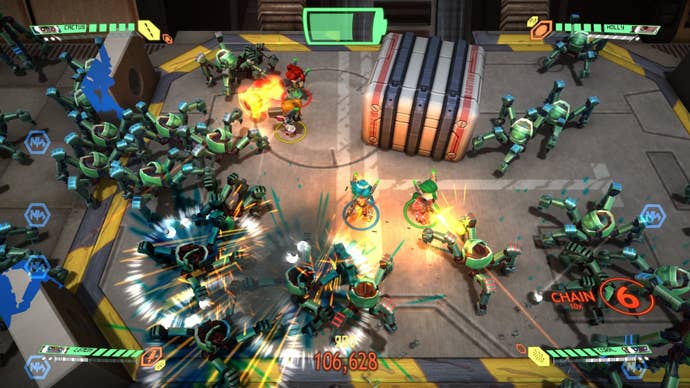
Assault Android Cactus is one of several modern takes on arcade-style gameplay that dispenses with the concept of lives, instead preferring to penalize the player by wasting their time and costing them some score. You can still "fail" a level by running out of battery, but mostly the game is about challenging your scores rather than outright survival.
Read more in our full preview.
Bayonetta 2
The Bayonetta 2 demo that Nintendo brought to EGX was largely the same as the one at E3, but it was, for many members of the public, their first chance to actually play it. It was the one game at Nintendo's stand that had a constant queue, which seems to bode well -- but will it sell any Wii U systems?
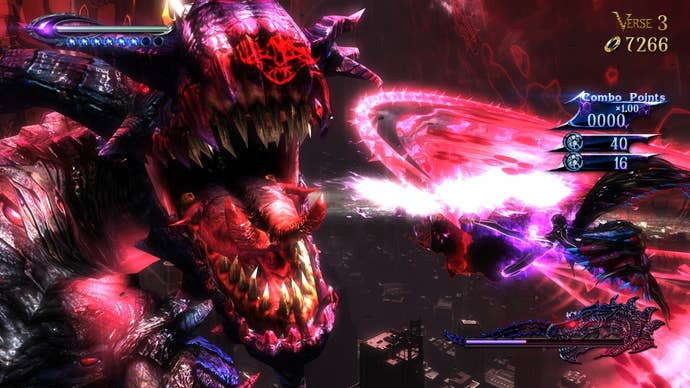
Find out more in our hands-on preview.
Chroma
Chroma is an interesting indie pixel-art puzzle platformer in which you manipulate light and shadow to traverse the environment. The core concept was so inventive that it led our friends at Eurogamer to declare it their Editor's Choice of the show -- quite an achievement for a game sharing floor space with some of the heavyweights of the industry!

Find out more in our full preview.
Cloudbuilt
Some people assume that indie games, working on tighter budgets and with smaller teams, don't look as good as those with astronomical triple-A budgets. And sure, while you're probably never going to get a Grand Theft Auto on your average indie game budget, sometimes indie developers can surprise you with just how gorgeously distinctive their games can look.

Cloudbuilt's "pencil sketch" style is one such example, and it plays great, too; its creators describe its surreal third-person platforming gameplay as a cross between Mirror's Edge and the old Sonic and Mega Man games, albeit in 3D. It's challenging, tough and rewarding.
Read more in our hands-on preview.
The Evil Within
The new -- and possibly last -- game from Resident Evil Shinji Mikami looks very much like the legendary game designer's attempt to bring survival horror back to where it used to be. Expect jump scares, limping, lots of creeping around in the dark and hiding from monsters in lockers. Also blood. Lots of blood.

Find out more in our full preview.
Frozen Endzone
The follow-up to the excellent turn-based tactical game Frozen Synapse is a future-sports game that simplifies the mechanics of Frozen Synapse while still maintaining the simultaneous turn-based play that made it so distinctive and interesting.

The rules are super-simple so you don't need to be a sports fan to understand the game; instead, the devs at Mode 7 are concentrating on making it as accessible and attractive -- particularly to newcomers -- as possible.
Read more in our full preview.
Lightning Returns: Final Fantasy XIII
While Jeremy got to play around with the more open-world side of Lightning's newest adventure at TGS, I had a chance to play with the combat system, which wasn't at all what I expected.

Find out more in our hands-on preview.
Master Reboot
This creepy psychological horror game is coming to PS3 and PC this Halloween, and looks to be an intriguing experience. It features super-stylized low-poly textureless graphics combined with modern effects such as "god rays" and realistic water, and tells a creepy story of attempting to recover your own memories from the "soul cloud" after your own death.
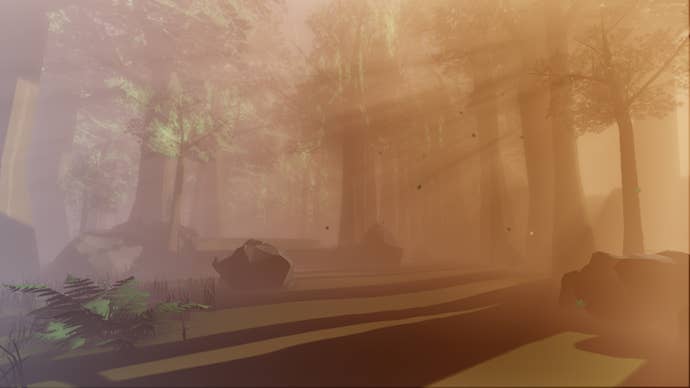
Read more in our hands-on preview.
Murdered: Soul Suspect
A game in which you play a ghost investigating his own death from beyond the grave? It all sounds a bit Ghost Trick, but it's actually a very different kind of game to Capcom's classic. Neat investigation mechanics combine with a creepy, otherworldly story to create a game that has a great deal of potential.
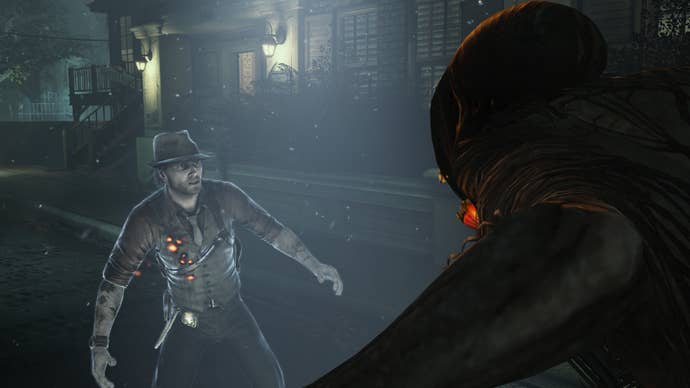
Find out more in our preview.
Redshirt
This upcoming "social networking sim" blends elements of life sims, turn-based strategy games and role-playing games to create something quite unlike anything you've ever played before -- and a game with a satirical eye on how we use technology in the modern world.
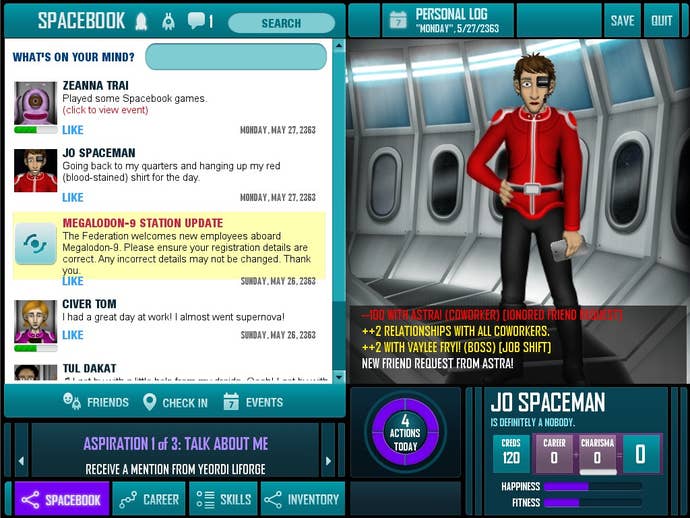
Find out more in our full preview.
Velocity 2X
One of my personal highlights from the show -- and sequel to one of my favorite Vita games -- Velocity 2X is still fairly early in development, but it's already looking great. The blend of top-down shooting, puzzles and side-scrolling platforming works really well, and the distinctive art style looks gorgeous. The new game promises a deeper story that explores protagonist Kai in greater detail, and, like Assault Android Cactus, has dispensed with the idea of lives in favor of simply wasting a few precious seconds if you mess up.
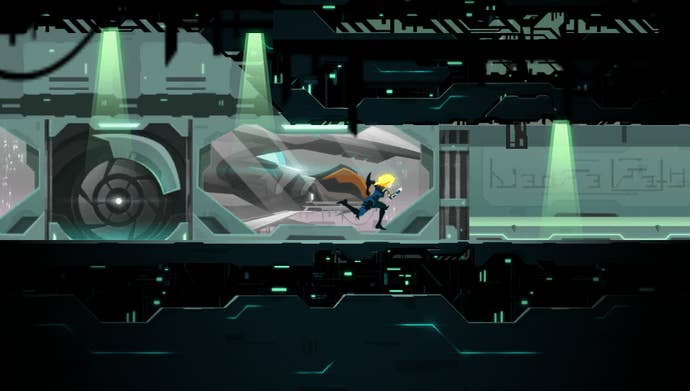
Find out more in our full preview.
Volume
The upcoming new title from Mike Bithell, creator of Thomas Was Alone, is an abstract stealth game with lots of levels, emergent gameplay and, eventually, the ability for players to incorporate their own creations into the game through a simple to use level editor and sharing system.
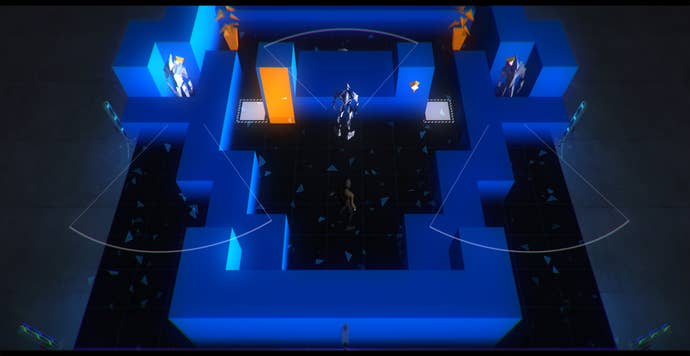
Read more in our preview and interview with Bithell.
Watch Dogs
It's still a little difficult to figure out exactly how Watch Dogs is going to play, but the developer session from Ubisoft Montreal shared some interesting details about development -- including how the new game is, in many ways, a "best of" selection of the team's past work.
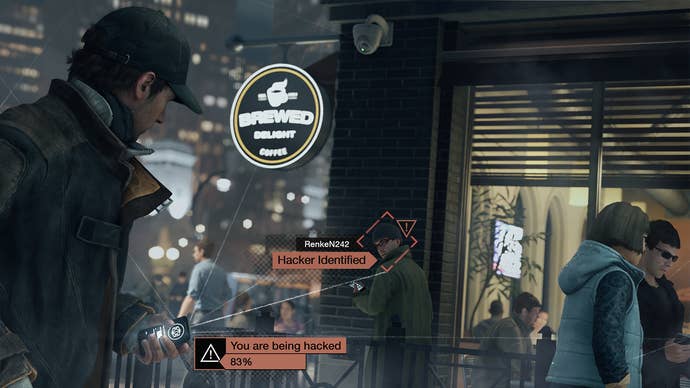
Read more in our session report.
The Witcher 3: Wild Hunt
The lead quest designer from the upcoming dark fantasy RPG took to the stage to explain how the new game would tackle the challenges of telling a deep, complex story in a vast, open world. The team is specifically trying to avoid the problem of sending the player miles across the map for a single event or piece of dialogue.

Find out more in our session report.
